Case Highlights
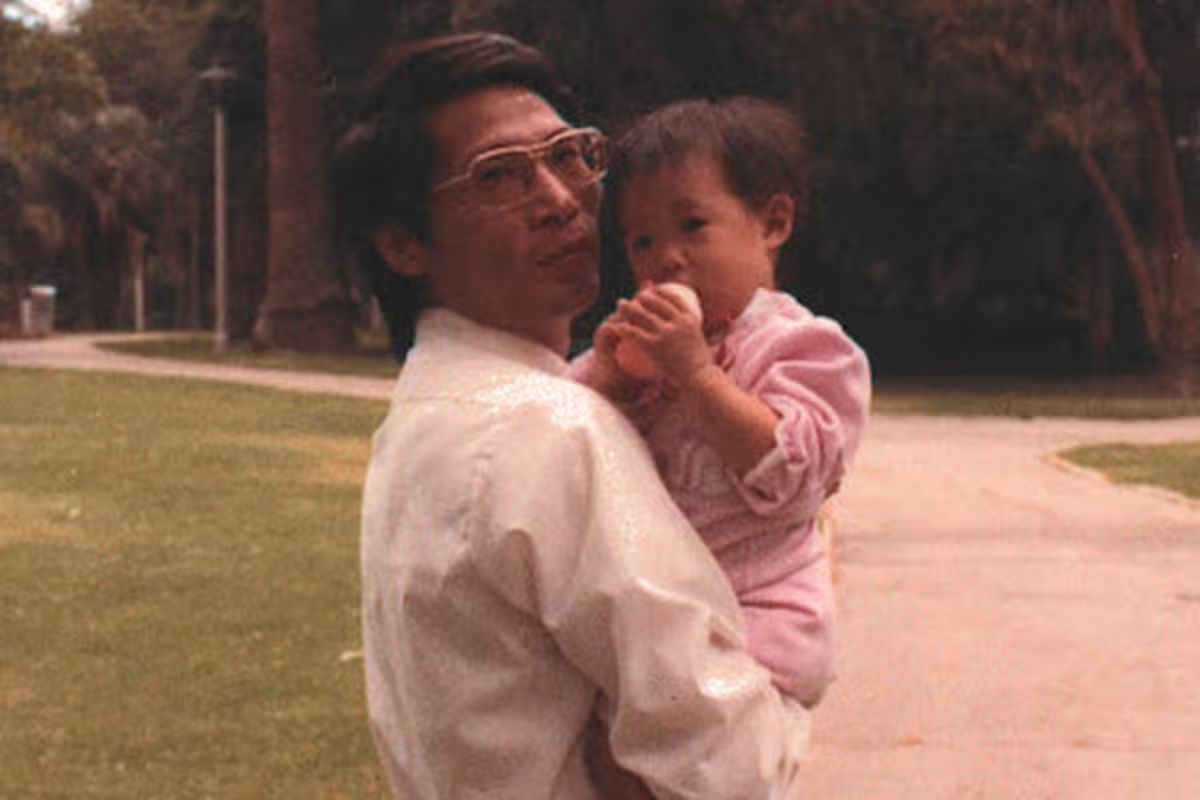
David Lin
David Lin, a Taiwanese-American pastor, missionary, and businessman, was deeply involved in supporting China’s unregistered house-church movement and humanitarian initiatives. He was detained in 2006 after attempting to legally register a Christian training center in Beijing and was later convicted in 2009 of “contract fraud”—a charge widely viewed as politically motivated because of his religious work. In December 2009, Lin received a life sentence, which was commuted to a fixed term in 2012 and subsequently reduced for good behavior. After serving 18 years, he was released in September 2024 and returned to the United States.
Dui Hua began working on Lin’s case in 2019, assisting his daughter in compiling a detailed fact sheet and launching public advocacy on his behalf. The foundation raised his case 28 times with Chinese authorities and issued a statement that was picked up by at least a dozen newspapers, broadcasters and wire services, helping raise his case internationally. In June 2025, John Kamm spoke about Lin’s case at the University Club of San Francisco, reflecting on the years-long advocacy that contributed to his release.
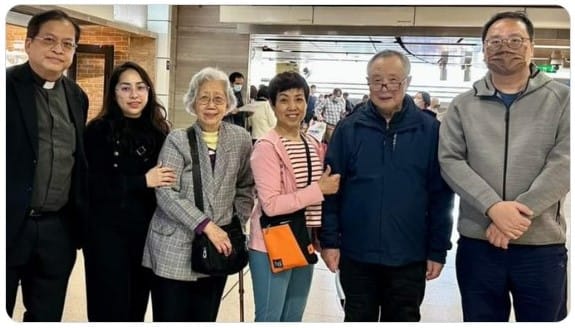
Yao Wentian
Yao Wentian (姚文田) ran an independent publishing house in Hong Kong known for releasing books on sensitive subjects. In October 2013 he was detained and charged with “smuggling common goods” when entering China. Yao was sentenced on April 30, 2014 to ten years in prison.
He was 73-years old when admitted into prison. Dui Hua advocated strongly for Yao Wentian, putting his name on 30 prisoner lists. During his time in prison, he was granted a sentence reduction, later placed in the medical ward of the prison and exempted from physical labor, and allowed monthly visits from his wife. He was released from Dongguan Prison in Guangdong province on February 26, 2023 and returned to Hong Kong the next day. Yao Wentian was a special case for Dui Hua executive director John Kamm. Yao’s son Yao Yongzhan (姚勇战), a student leader during the 1989 protests, was the first prisoner name Kamm ever raised, at a banquet in Hong Kong in May 1990.
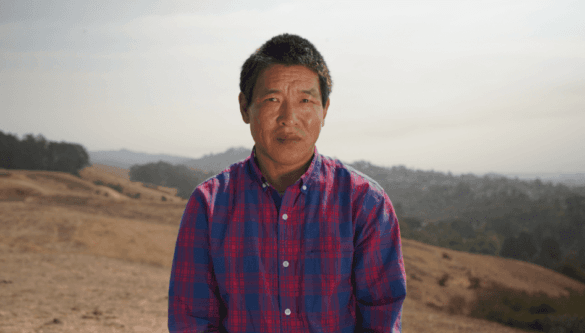
Dhondup Wangchen
Dhondup Wangchen is an independent Tibetan filmmaker who made the documentary Leaving Fear Behind about Tibet with monk Jigme Gyatso. For this, he was held incommunicado in March 2008, detained, convicted of inciting splittism, and then sentenced in December 2009 to six years and three years of deprivation of political rights in Xining Prison in Qinghai Province. Following efforts by wife Lhamo Tso, Dui Hua raising his name on multiple prisoner lists, and concerns over his health, Dhondup Wangchen was moved to a different facility in 2012 where he received better treatment and completed his sentence in June 2017. Months later, on Christmas, he arrived in the United States and reunited with his family after more than ten years apart.
Learn More
Chen Taihe
In 2016, Dui Hua welcomed the release of professor and attorney Chen Taihe (陈泰和), a leading voice for the adoption of the jury system in China. Dui Hua worked with Chinese officials and American diplomats to help bring about this result. Professor Chen was one of more than 200 lawyers and activists interrogated or detained in a nationwide police action in mid-July.
Learn More
Xue Feng
Dr. Xue Feng (薛锋) is an American geologist who was sentenced to eight years for “illegally procuring state secrets.” Dr. Xue was placed under “residential surveillance” in a state security detention center. Contrary to the bilateral treaty on consular access, officers of the United States Embassy were restricted from visiting Xue for several weeks. Upon request from Xue’s family, Dui Hua has repeatedly raised his case with Chinese officials, and urged the US government to step up its efforts to secure better treatment and release. Xue was released and deported back to the United States in 2015.
Learn More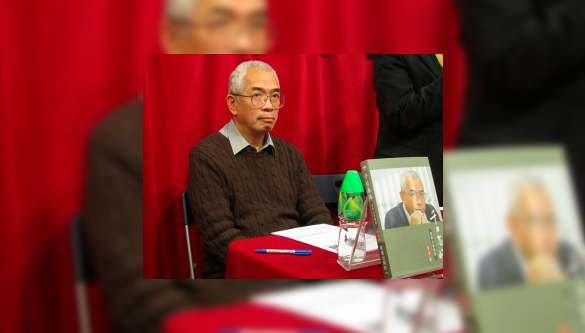
Ching Cheong
Ching Cheong (程翔), a Hong Kong native, was a chief China correspondent for Singapore’s Straits Times, before he was taken into custody by Chinese authorities in Shenzhen in 2005. Ching stayed in custody for nearly three years before the Chinese government responded to Hong Kong and international pressure and released him on parole. Ching Cheong was released from prison in February 2008 after completing about half of his sentence.
Learn More
Xu Zerong
Xu Zerong (徐泽荣), a Hong Kong resident and scholar on contemporary Chinese military history was imprisoned for more than 10 years on state secrets charges in connection to his academic research. Dui Hua’s advocacy contributed to three sentence reductions and better treatment for Xu Zerong. Xu was released two years early on June 23, 2011. Despite having a supplemental sentence of three years deprivation of political rights, Xu was allowed to return to Hong Kong.
Learn More
Yahoo! Internet Cases
Dui Hua was active in uncovering and releasing information about the Yahoo! Internet cases of Chinese journalist Shi Tao and three other dissidents including Wang Xiaoning.
Learn More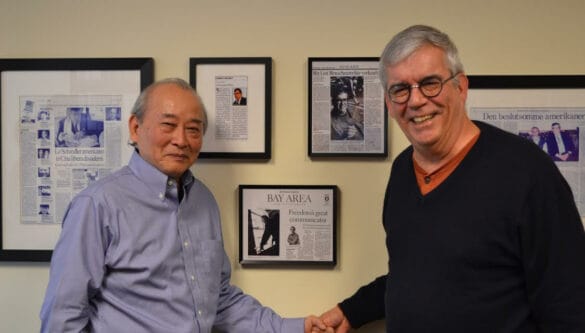
Xu Wenli
Xu Wenli (徐文立) is a veteran pro-democracy activist and scholar who emerged as a leader of China’s Democracy Wall Movement in 1979. He later became a leader of the China Democracy Party. Xu was imprisoned twice in 1981 and 1998. John Kamm, and later Dui Hua, played a central role in advocating for Xu’s releases on both occasions, partnering with NGOs and international efforts to successfully secure Xu’s medical parole and release in December 2002. Xu arrived in the US on December 24, 2002.
Learn more Press Statement
Takna Jigme Sangpo
Jigme Sangpo was among the longest-serving prisoners known to have been incarcerated for the crime of counterrevolution. Sangpo was an elementary school teacher in Lhasa before he was detained and subsequently sentenced in 1983 to 15 years in prison for the crime of counter-revolutionary propaganda and incitement. His sentence was subsequently extended by thirteen years for committing the crime of counter-revolutionary propaganda and incitement while in prison. In 2002, Sangpo was granted medical parole and allowed to travel abroad for treatment.
Learn More
Ngawang Sangdrol
At the age of thirteen, Ngawang Sangdrol was detained and subsequently sentenced to three years in prison for counterrevolutionary propaganda and incitement in November 1992. In October 1993, she and 13 other nuns secretly recorded 27 songs of devotion to their homeland and the Dalai Lama. For this act, the nuns had their sentences extended. What had been a three-year sentence became a 23-year sentence. Ngawang Sangdrol was granted parole by the Lhasa Intermediate People’s Court on October 17, 2002.
Learn More